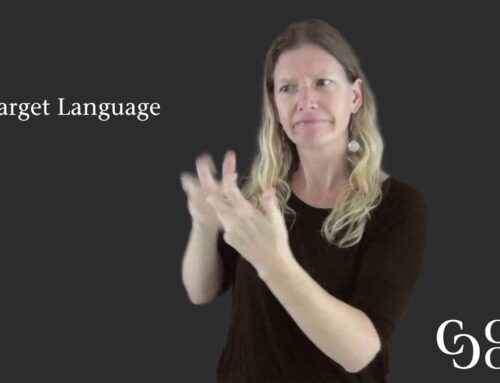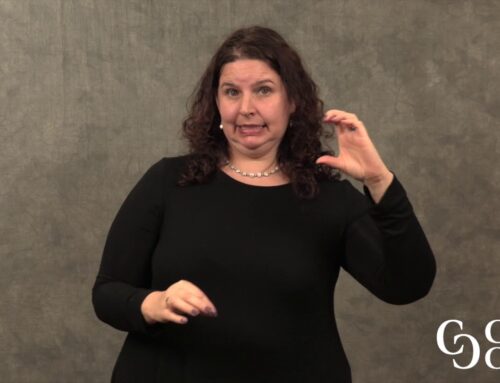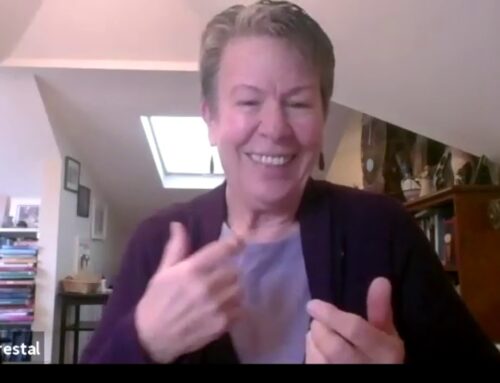This is an excerpt of an interview with Peter C. Brown and Patricia Gordon.
In shaping the Graduation to Certification program, we used the research on educational principles compiled and written in a very accessible format in the book Make it Stick: The Science of Successful Learning (Brown, Roediger, & McDaniel, 2014) . The authors describe evidence-based research to provide educational processes and strategies for more durable improvements in knowledge and competency. Much of the evidence in learning and memory is counter-intuitive. So, as we craft the program, we need to include an orientation to the process that helps explain to people both the rationale for why the program is structured the way it is, and what people can expect during the process. Here are some of the principles we will be incorporating:
- Frequent use of low-stakes assessments and quizzes: These are designed to both help a participant assess where they are at, but also to trigger the process of forced retrieval – which is an important activity for moving a knowledge or skill into long-term memory.
- Spaced learning: Allowing enough time to pass between working on a skill so that you begin to forget and the act of retrieval is more difficult.
- Interleaving activities: Mixing work on different skills and knowledge into lessons, rather than only working on one thing at a time. Doing dedicated practice leads to the illusion of mastery of a skill. However, the mastery may actually only be in short-term memory loops or may only be there when it is that single skill that is focused on. These skills need to be available when there are other demands, which can be addressed through interleaving.
See ASL Translations and view more information about Make it Stick




